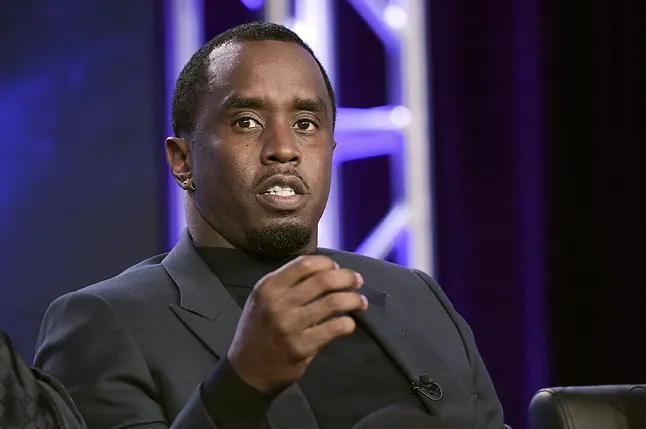More than 11 years in prison and a $500,000 fine is what US federal prosecutors are requesting in the trial of Sean "Diddy" Combs (55 years old), following the hip-hop mogul's conviction on charges of transporting individuals for prostitution. The prosecutors asked for "at least 135 months in prison" and the mentioned fine, according to the court document cited by Reuters on Tuesday. Federal District Judge Arun Subramanian is scheduled to sentence Combs during a hearing this Friday in Manhattan.
The rapper and founder of Bad Boy Records faces a sentence of up to 20 years in prison. A jury found him guilty on July 2, after a two-month trial on two charges of transporting male prostitutes across state lines to engage in drug-fueled sexual performances with their girlfriends, while he watched, recorded on video, and masturbated. The jury acquitted Combs of the more serious charges he faced: racketeering and sex trafficking, accusations that could have led to a life sentence.
Combs maintains his innocence on all charges. Last week, his defense attorneys urged the judge to impose a 14-month sentence, arguing that Subramanian should not consider evidence of Combs' abuse towards his ex-girlfriends, as the jury acquitted him of coercing them into sexual relations. With that sentence, Combs would be released by the end of 2025, as he would receive credit for the time he has already spent in the Metropolitan Detention Center in Brooklyn, where he has been since his arrest on September 16, 2024.
During the trial, prosecutors claimed that Combs coerced two of his ex-girlfriends to participate in the performances, sometimes known as "Freak Offs". Both women testified that Combs physically assaulted them and threatened to cut off their financial support if they resisted the encounters.
Combs' lawyers argued that there was no direct link between what they termed domestic violence and the women's participation in the "Freak Offs", a strategy that ultimately led to their client's acquittal on the charges of sex trafficking and racketeering.
